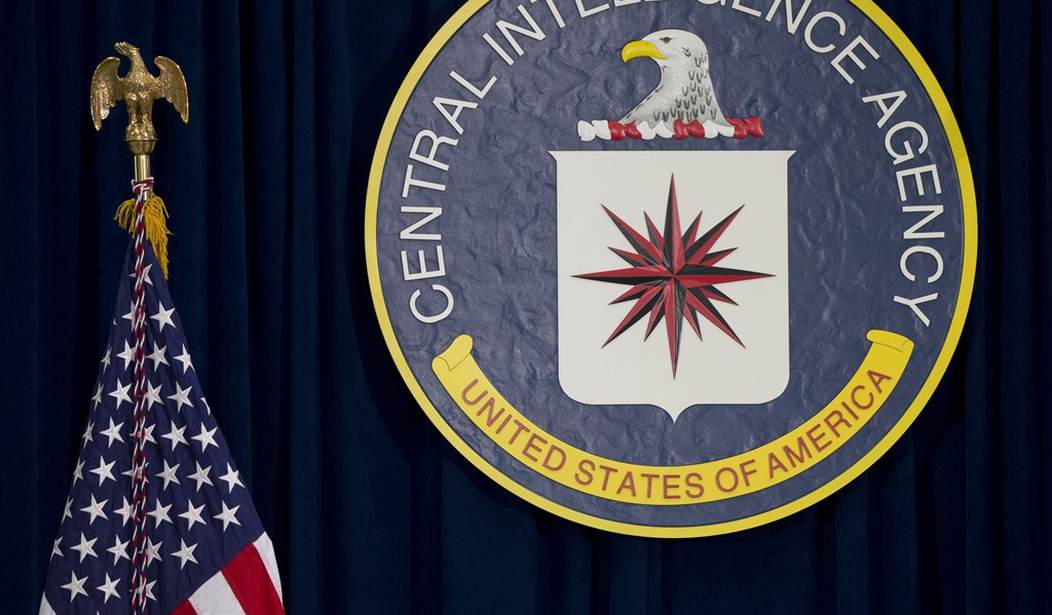In October 2003, former Secretary of Defense and former CIA Director James Schlesinger observed that "major organizational change (in American intelligence agencies) is not the salvation. I would submit the real challenge lies in recruiting, fostering, training and motivating people with insight."
Insight. Sounds arcane, mysterious, rare, tough to describe to human resources directors much less cable television talk show hosts -- and indeed it is.
Yet this highly individual talent is indispensable to American security. That's why Schlesinger -- ever the erudite patriot -- said identifying it, hiring the individual possessing it and then nurturing, cultivating and promoting this gifted employee in a government institution jumbled by Beltway bureaucratic procedures and garbage politics, is "the real challenge" to real leaders in U.S. intelligence services.
Thanks to the 19th-century German strategist Carl von Clausewitz, savvy American military leaders know experienced soldiers possessing insight are immense assets. Clausewitz argued that genius military leaders possess insight in the midst of battlefield chaos. Despite confusion, physical danger, fear and contradictory information, the "genius" sees in a glance (coup d'oeil) the essence of his army's situation and the requisite course of action.
Late 2003 was an apt time for Schlesinger to call attention to the institutional challenge of hiring and utilizing people with insight. U.S. intelligence agencies were grappling with two huge debacles that had damaging consequences for American security: the 9/11 disaster and the emerging failure to find either nuclear weapons or large stockpiles of illegal chemical and biological weapons in Iraq.
Recommended
We heard the usual Washington answers for correcting intelligence failures. Preventing future failures required re-organization, more and faster "fusion" (close cooperation) among agencies and bigger budgets.
So Schlesinger pierced the Beltway bubble by highlighting the weakest link in the intelligence gathering and producing process: spies, analysts and officials who have political and institutional sway but lack insight.
He meant they lack imagination, empathy and the ability to identify essential features, thus they fail to assess a dynamic national security threat or opportunity comprehensively and accurately.
Sept. 11, 2001 demonstrated the penalty for failure when an enemy possesses imagination and will.
Empathy is vital. The ability to see and feel the world from an enemy's point of view can allow for new interpretations of information. If essential features form a pattern, distinguishable by these empathetic agents, perhaps an enemy operation is underway.
The insightful analyst's perception (or the perception of a team of insightful analysts) serves as a detective's theory of the case. Before time reveals the underlying truth regarding the enemy operation, professional and dutiful intelligence agency officials should test it by directing their intelligence gathering assets (collectors) to gain more accurate and detailed information.
Leaders, however, must be able to use the results. That's another real challenge.
In 2005, Newt Gingrich recommended several reforms to try to improve intelligence production and its dissemination to leaders in Congress and the White House. He wanted leaders to "participate in war-gaming, metrics assessment and academic training to an unprecedented extent." Senior American leaders who participated would become "more sophisticated consumers of intelligence." Leaders would become familiar with the process before a crisis.
British Prime Minister Margaret Thatcher insisted on portraying herself in defense ministry strategic war games. The games exercised her leadership skills. Her subordinates saw her address difficult situations, ask questions, make decisions.
Gingrich's recommendation has other potential payoffs, among them fostering trust between current leaders in the executive and legislative branches and among intelligence and defense institutions.
Divisive, partisan Washington could benefit from that and it's a project current CIA Director Mike Pompeo should consider. Ask President Donald Trump to participate in a game, and tell him to feel free to tweet.

























Join the conversation as a VIP Member